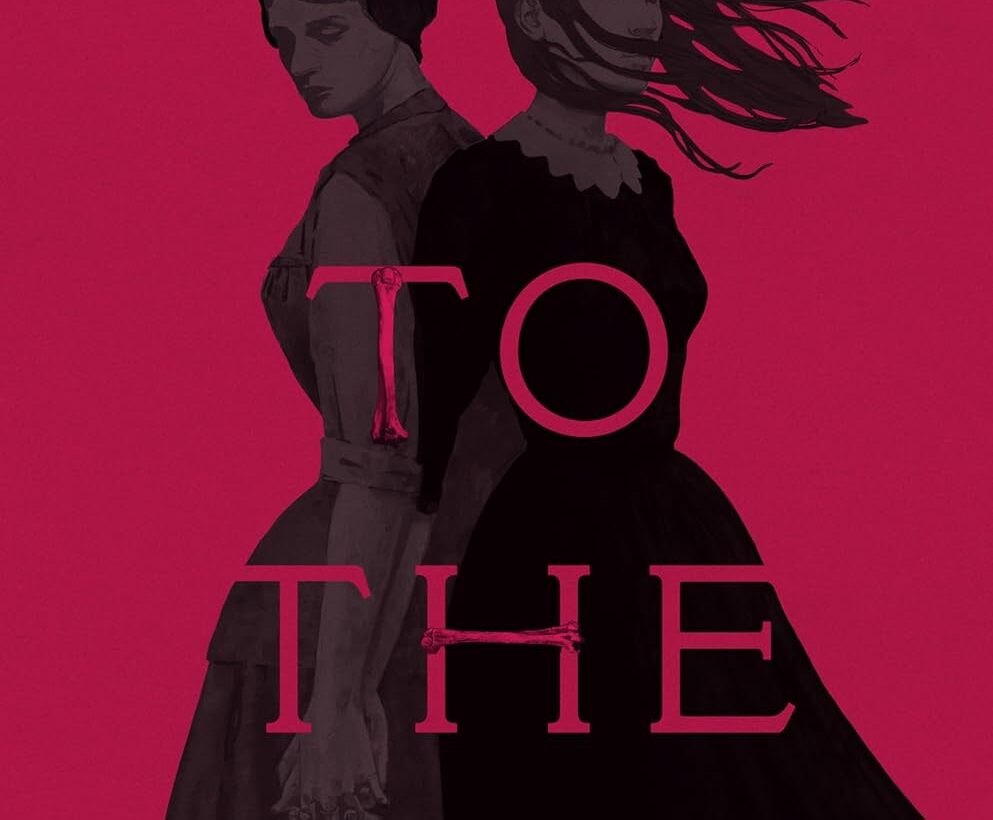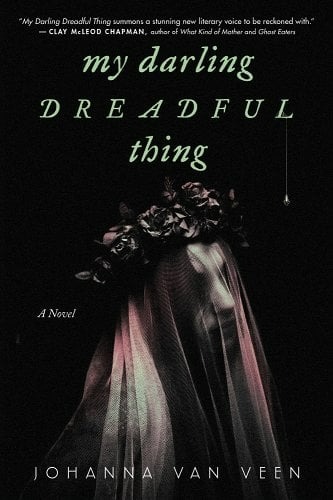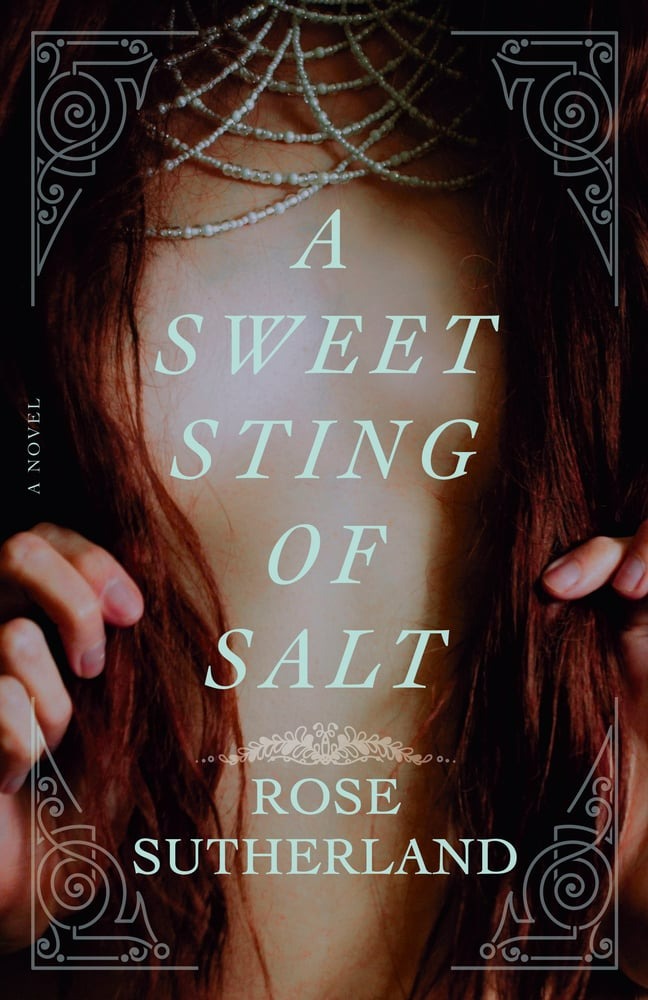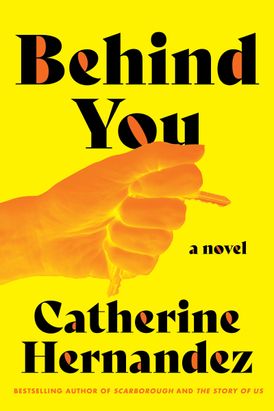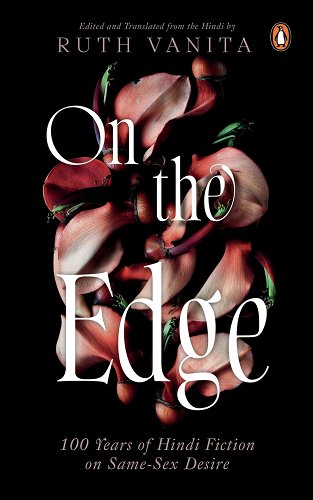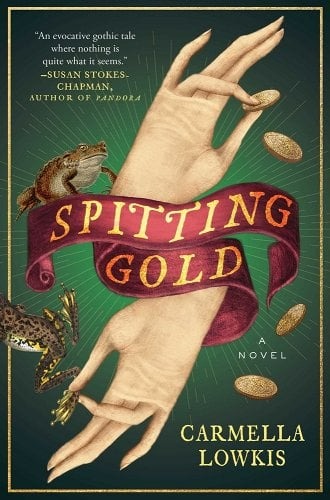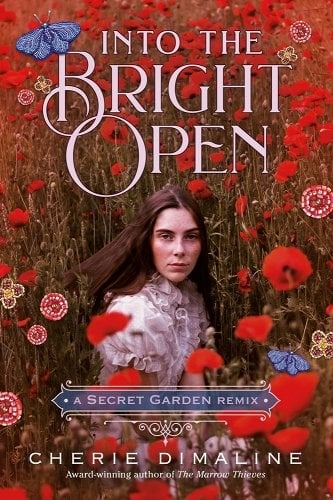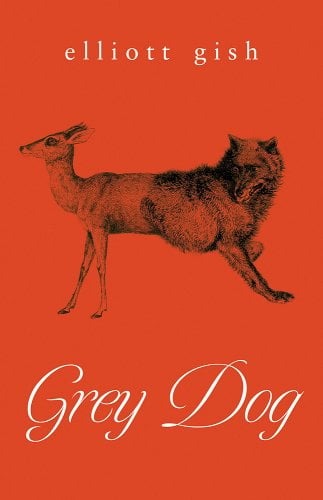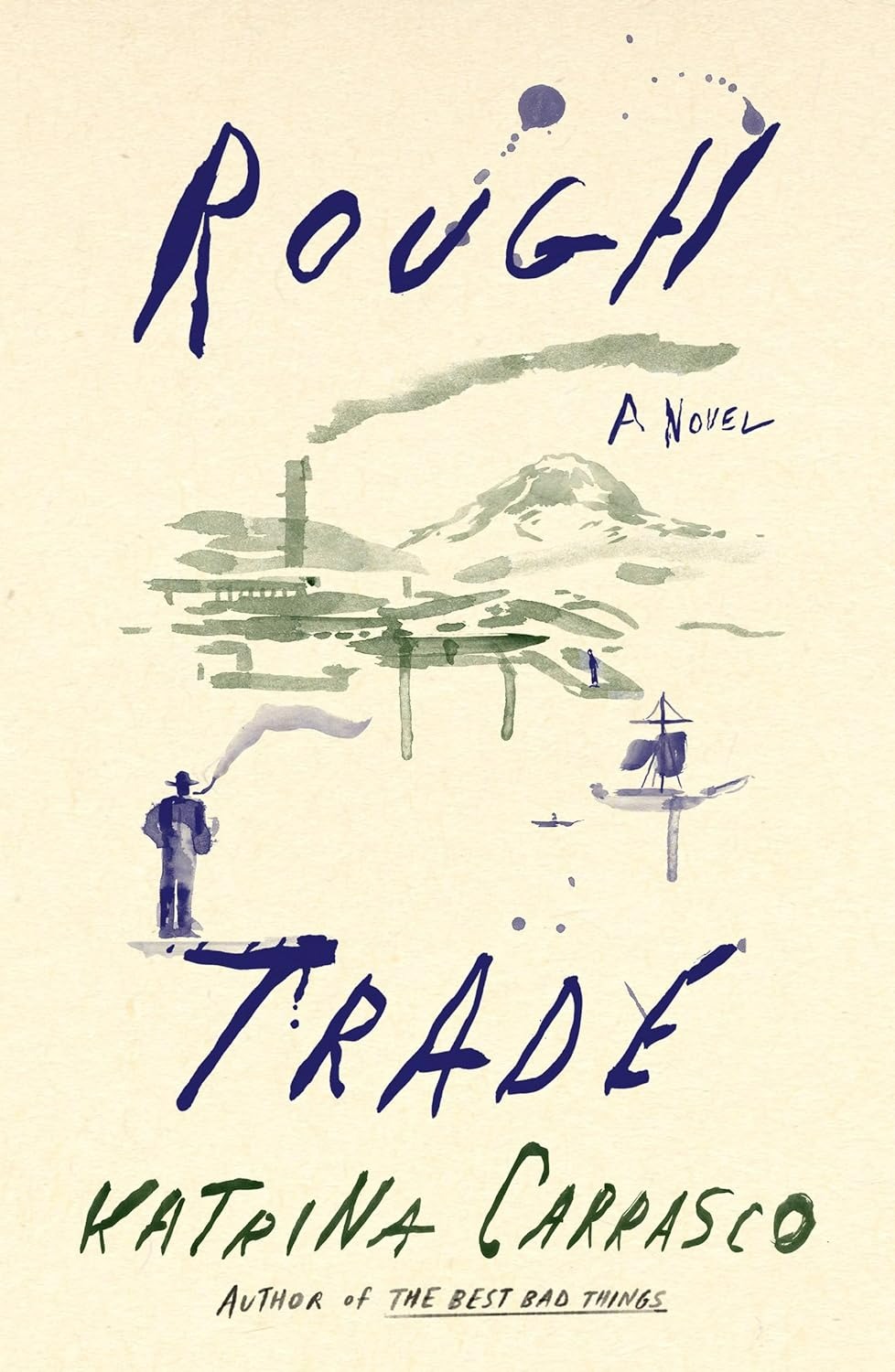To the Bone is the story of Ellis, an indentured girl in the Jamestown settlement of the Virginia colony. Ellis aspires toward little more than goodness; born poor in the late 1500s, she can neither read nor count, but understands the world as preachers sketch its edges. She works hard as a servant to the semi-prominentRead More
The Perfect Queer Gothic to Read on Halloween: My Darling Dreadful Thing by Johnna van Veen
I’ve been trying to spend the fall reading Gothic fiction, and as Halloween approaches, Johanna van Veen’s queer Gothic horror novel, My Darling Dreadful Thing (Poisoned Pen Press, 2024), is the perfect book for this time of year! Veen’s debut novel follows Roos Beckman in the 1950s. Roos has a spirit companion, Ruth, has been dead forRead More
Lush, Atmospheric Queer Historical Fiction: A Sweet Sting of Salt by Rose Sutherland
A lush, atmospheric queer historical fiction for fans of Portrait of a Lady on Fire and The Birth House, Rose Sutherland’s A Sweet Sting of Salt (Dell 2024) is the perfect read to cozy up with this fall. Sutherland’s queer retelling of the folktale The Selkie Wife follows Jean, a midwife in a Nova Scotia village who is as renowned for herRead More
A Fresh, Queer Take on Crime Fiction: Behind You by Catherine Hernandez
Amazon Affiliate Link In her new novel, Catherine Hernandez weaves gripping suspense and affecting emotion into a story of trauma, survival, and healing against the backdrop of one of Canada’s most terrifying historical events. Behind You (HarperAvenue 2024) follows Alma, a Filipina woman working as an editor for a true crime series called Infamous, which features sketchesRead More
We Have Always Been Here: 3 Essential Historical Sapphic Reads
As Pride Month draws to a close here in the states, here are three historical fiction books that blend insightful writing with action/adventure, twisty thriller tension, and bon-mot brilliance, respectively. So much of history is about teaching us what has been possible, about what sorts of lives have survived, been mythologized, codified, recognized as worthyRead More
A Twisty Sapphic Spiritualist Con: Spitting Gold by Carmella Lowkins
Buy this from Bookshop.org to support local bookstores and the Lesbrary! Carmella Lowkins’s new historical novel, Spitting Gold (Atria Books 2024), is a fabulously atmospheric story with a twisting plot that keeps you guessing until the very end! Spitting Gold is set in nineteenth-century Paris. Baroness Sylvie Devereux has worked tirelessly for years to distance herself from herRead More
A Sapphic and Metis Secret Garden: Into the Bright Open by Cherie Dimaline
Buy this from Bookshop.org to support local bookstores and the Lesbrary! Into the Bright Open by Cherie Dimaline is part of MacMillan’s Remixed Classics series, which has diverse authors reimagine beloved classics through their own perspective. In this offering, Dimaline remixes The Secret Garden, setting it in Canada and filling it with Metis characters andRead More
Gothic Horror Infused with Queer Rage: Grey Dog by Elliott Gish
Buy this from Bookshop.org to support local bookstores and the Lesbrary! Elliott Gish’s debut queer Gothic novel, Grey Dog (ECW Press, 2024), is one of my most anticipated releases of the year. Intense, foreboding, and atmospheric, Grey Dog is the latest in queer horror, and it’s a must-read! Set in 1901, the novel is structured as the diary ofRead More
Queer Smuggler-Duggery: Rough Trade by Katrina Carrasco
Buy this from Bookshop.org to support local bookstores and the Lesbrary! (Note: This book is a sequel but can be enjoyed without reading the previous one) Fans of historical fiction with high-stakes hijinks and well-developed human characters with strong internal compasses can rejoice! Rough Trade by Katrina Carrasco opens on the early days of organized labor and careens headlongRead More
Gorgeously Gothic Sapphic Vampires: An Education in Malice by S.T. Gibson
Buy this from Bookshop.org to support local bookstores and the Lesbrary! After sinking my teeth into A Dowry of Blood early last year, I was ecstatic to learn we were going to get more queer, gothic vampires from S.T. Gibson. Once again we are thrown into a sumptuous tale of power, secrets, and blood, this time setRead More
- 1
- 2
- 3
- …
- 17
- Next Page »
